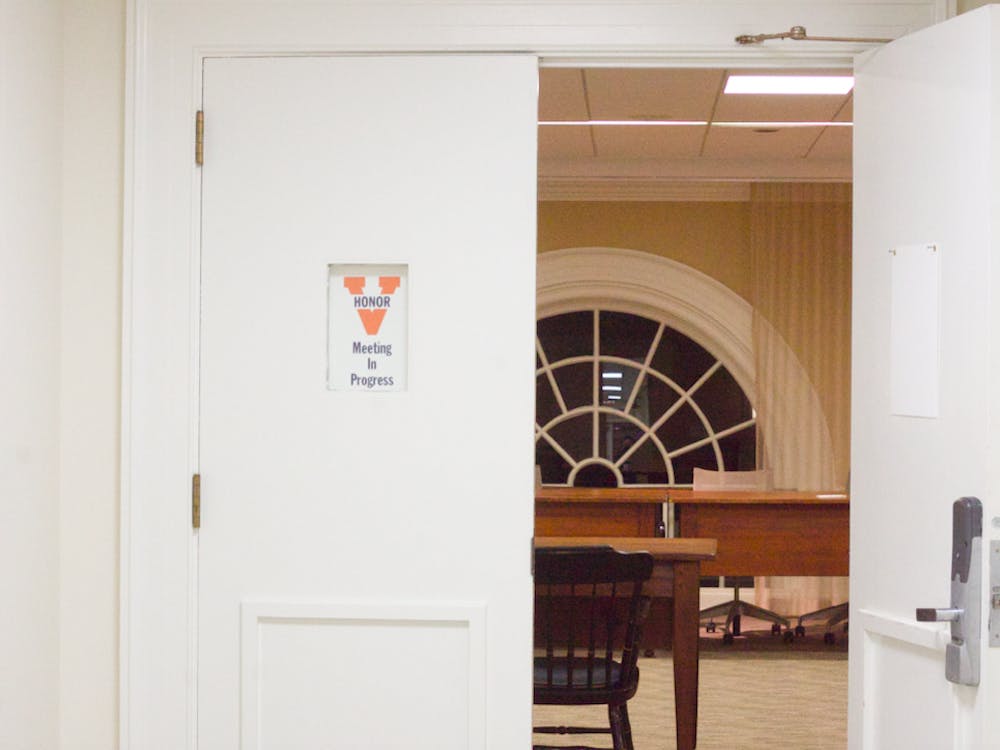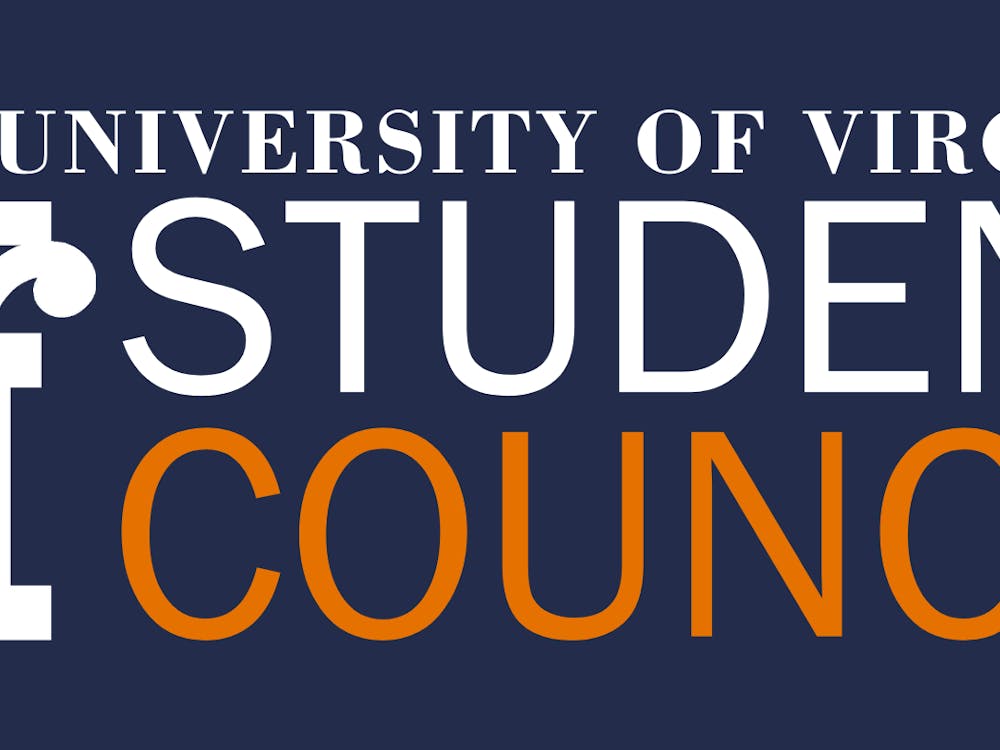Allegations of sexual abuse have plagued Bill Cosby for many years now, but it was not until just over a month ago that he was charged for the first time. Despite Cosby having not yet been found guilty of those charges, or of assaulting anyone, it seems many have already presumed him as such. This eagerness with which our society appears to label someone as guilty causes me to wonder whether we truly desire justice, or just a need to close cases in order to feel better about wrongs that have taken place.
The idea that public opinion has already decided Cosby to be guilty of sexual assault is evident in the fact that even before Cosby was charged, many networks and institutions had begun to cut ties with him. While it is understandable they would react this way, academic institutions are in the wrong to revoke honorary degrees they have awarded him, especially those that did so before he was charged. Naturally, it is important for both companies and universities to maintain a good image. However, rather than simply using someone’s name and face to sell products as businesses do, universities are meant to provide education and award honorary degrees to recognize the contributions of individuals whom they view as deserving such credit. It may not make sense to “honor” someone whose character is in question, but the point here is that Cosby’s character has not yet been shown or proven to actually be undeserving of respect. Although he did admit last year to using sedative drugs before having sex with women, it has yet to be determined by the courts whether those interactions were not consensual. Furthermore, the contributions for which they awarded him with the degree are still a result of his work.
George Washington University’s reason for revoking its honorary degree from Cosby is particularly striking. GW President Steven Knapp recently noted that “whatever may ultimately be determined about the guilt or innocence of Mr. Cosby in a court of law, the controversy itself has become a cause of renewed distress for our students and alumni who are survivors of assault.” Concern for students and faculty’s sensitivities may be noble. But the notion of discrediting contributions that were considered noteworthy enough to commemorate in order to appease those with ties to sexual assault is worrisome, especially without formal proof that his actions have caused such harm. Just because someone may be guilty of something that is a sensitive topic for many does not mean we should act as though we know for a fact that he is.
On a larger and more important note, the coverage and perceptions of allegations regarding Cosby brings to light an issue in both how the media often covers certain cases and in how the public reacts. Perhaps due to a feeling of urgency to bring about justice and hold someone accountable, we often try people in the media before they have been heard in court. When dealing with a public figure, especially one such as Cosby, who was long known as “America’s Dad,” the temptation to sensationalize is especially strong.
The media is charged with the important purpose of informing people, but the sensationalism that too often sets in when covering public figures and on shows such as Nancy Grace is unfair to the accused. With instances involving both public figures and ordinary citizens whose cases have been made high-profile by the media, criminal issues are grave and deserving of serious consideration, yet we feed off them as though they are entertainment. Tempting as it may be to seek justice for the many women stating Cosby sexually assaulted them, it is still important to keep in mind that none of those claims have been proven in a place in which Cosby has had a fair chance to respond. Although Cosby differs from those Grace normally covers in that he is a public figure, he, like every other American, should still have the right to be regarded as innocent until proven guilty. Consequently, he should be treated as such by the media.
The idea of tearing up someone’s legacy and hard work due to a declaration of guilt without proof does not seem fair to me. Yes, scrutiny and intrusion into private affairs may be part of the territory of being a public figure. But when it comes to more serious issues and allegations, this culture of trying people in the media and presuming people as guilty needs to stop.
Alyssa Imam is an Opinion writer for The Cavalier Daily. She can be reached at a.imam@cavalierdaily.com.





